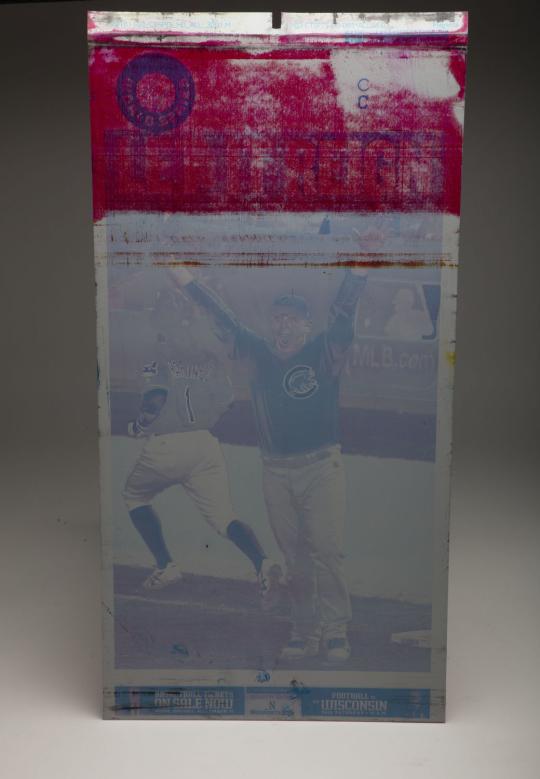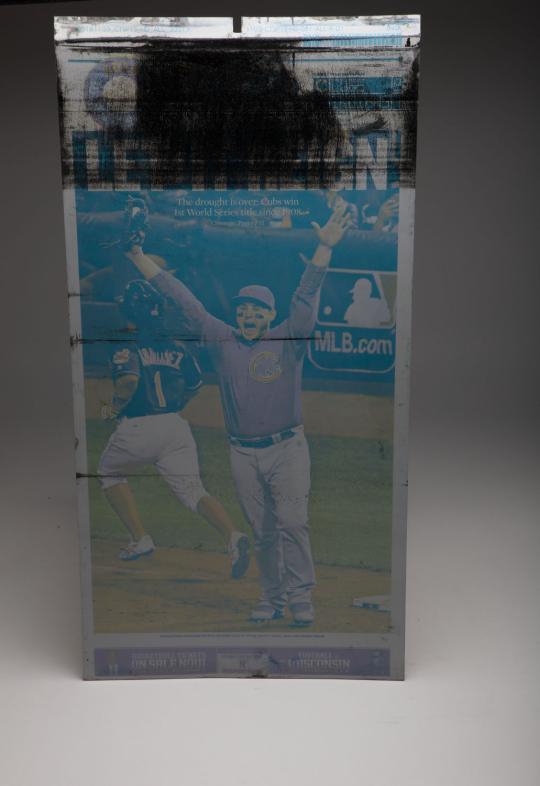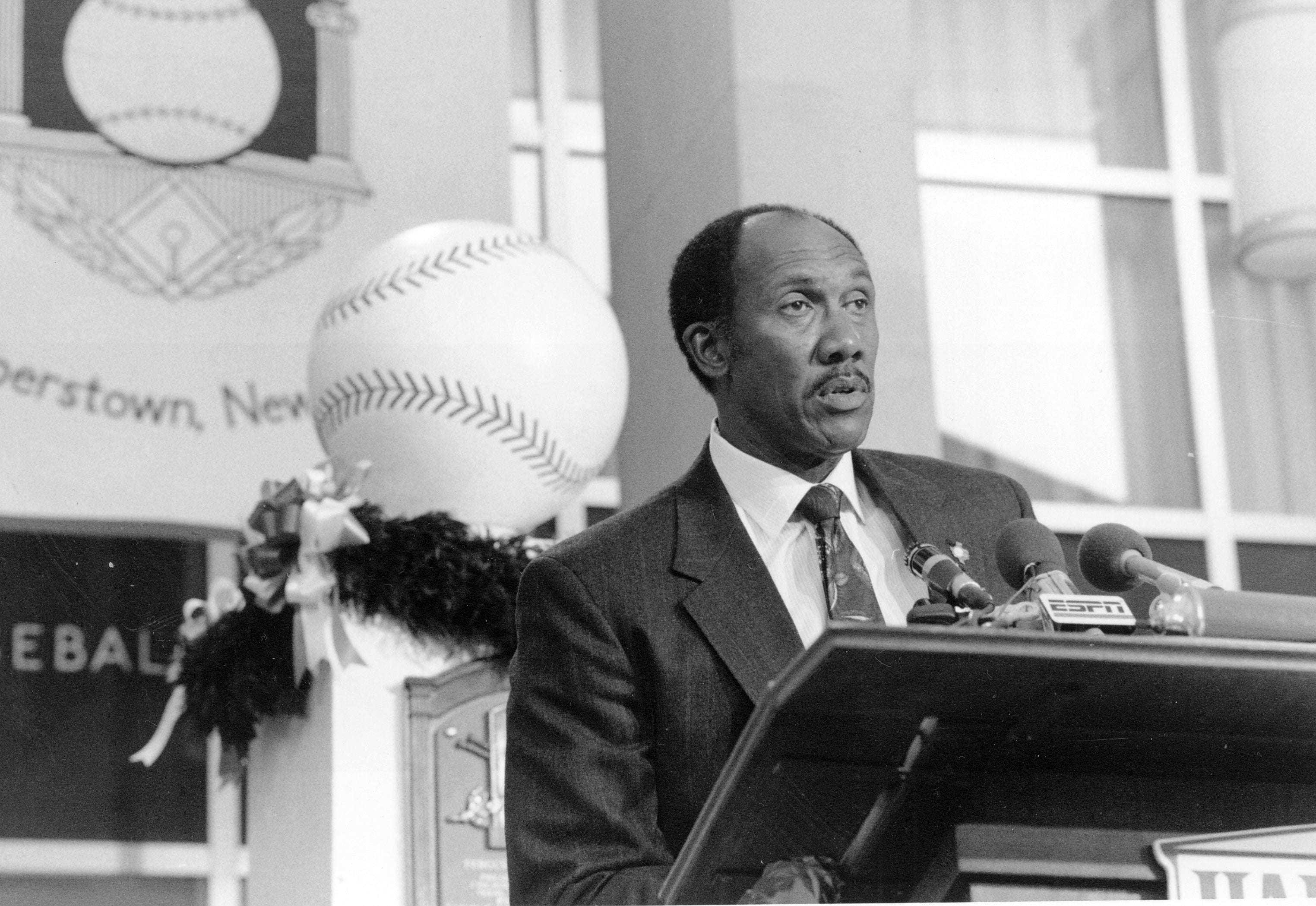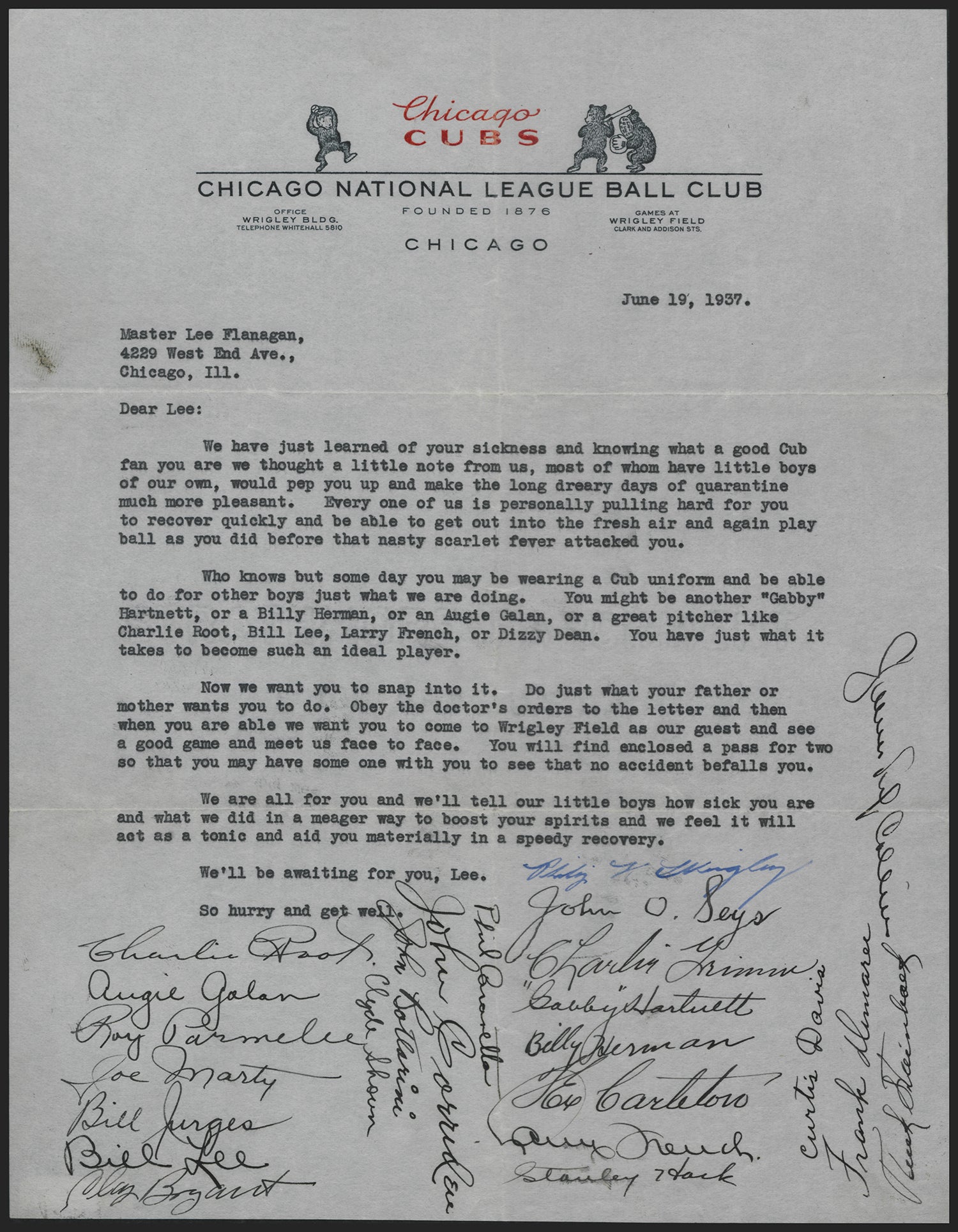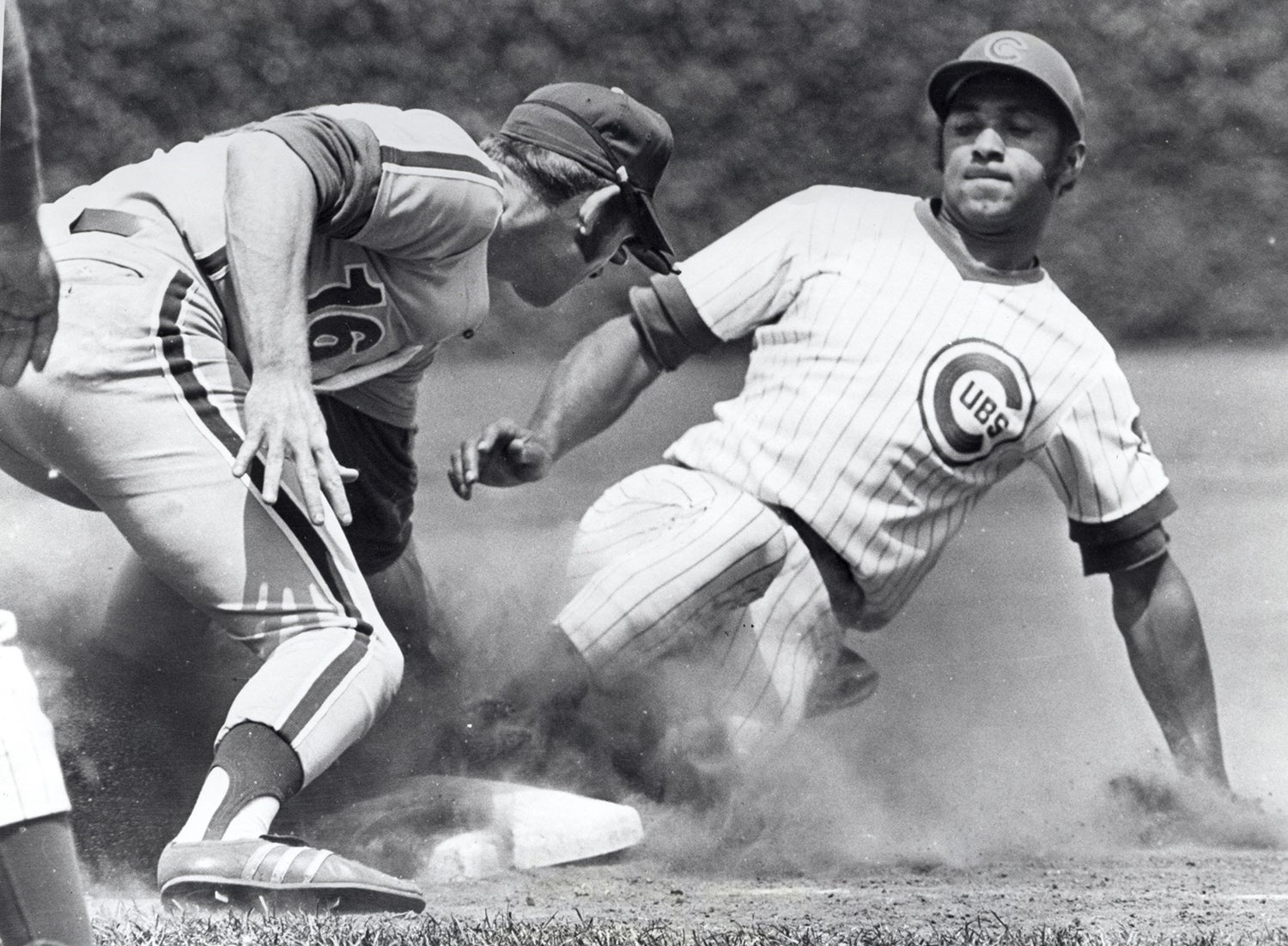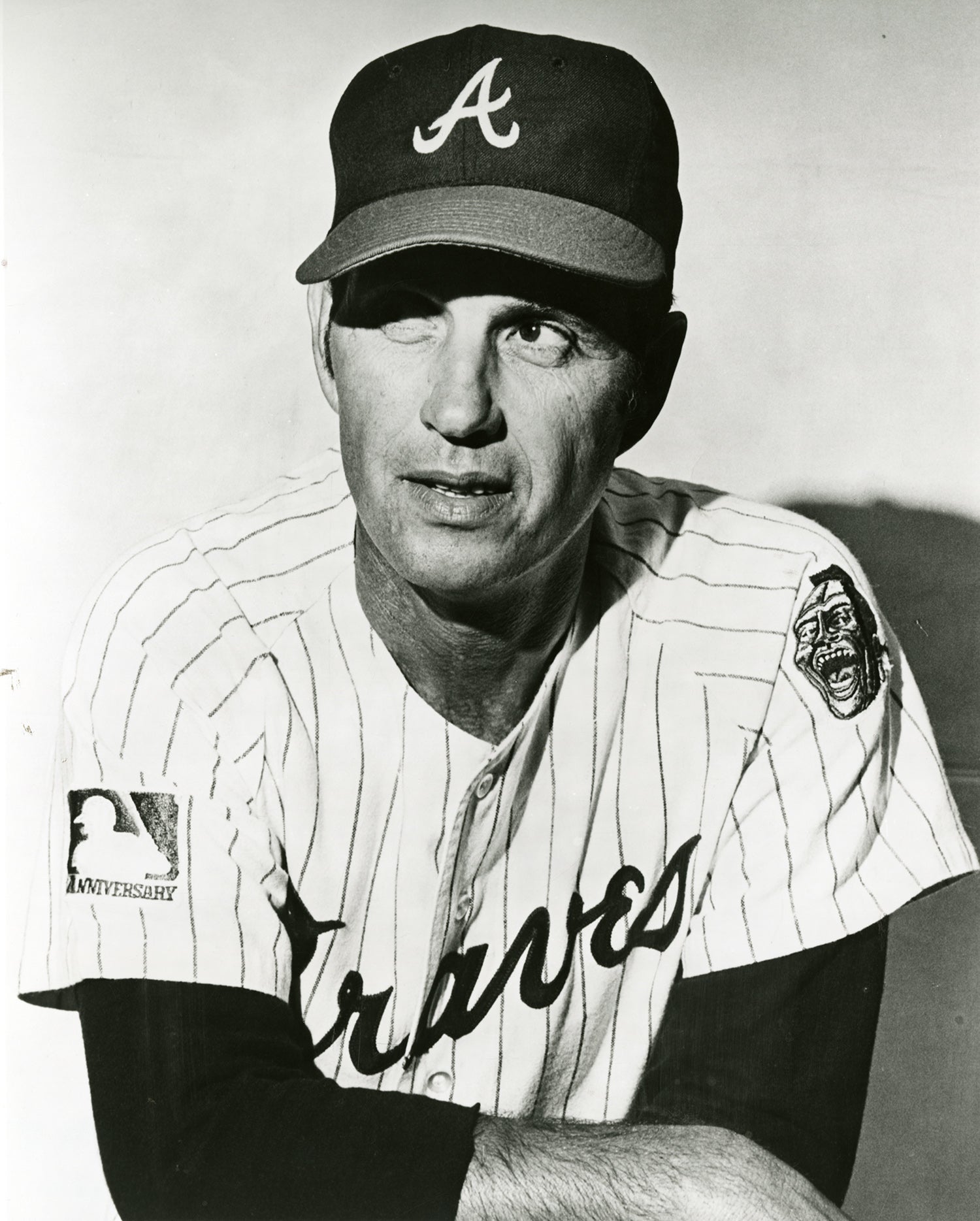- Home
- Our Stories
- #Shortstops: Stop the presses
#Shortstops: Stop the presses
It is Game 7 of the 2016 World Series, and the Chicago Cubs are up 8 to 7 with two outs in the bottom of the 10th inning.
The fans in Cleveland are on their feet, hoping for a comeback to end a 67-year World Series drought. But 350 miles away in the North side of Chicago, fans are doing more than cheering. They are staring at the television, hearts are pounding, eyes tearing, knowing the words they may be about to hear. Words that have not been said in more than a century.
There’s a ground ball to Kris Bryant, who throws to Anthony Rizzo – and Joe Buck yells that sentence not spoken in 108 years: “The Cubs have won the World Series!” Wrigleyville goes wild, beginning the long awaited celebration that five generations of Cubs fans have been unable to enjoy.
Within minutes after the victory, articles are all over the web. If baseball fans are not watching the game, they are sure to receive notifications from ESPN to CNN. They can watch the highlights, listen to analysts break down the game, or read about the significance. This is quite different than the Cubs last World Series win, when there was not even such a thing as commercial radio.
But even with all these different types of media, Cubs’ fans are currently more interested in another type of news outlet, one where, as Senior Curator at the National Baseball Hall of Fame and Museum Tom Shieber puts it, they can acquire an “inexpensive and practical way of remembering the [historic victory]”.
These fans will be looking to grab the front page of a newspaper the following morning.
From the inception of baseball in the mid-1800s, newspapers taught fans the game. As MLB historian John Thorn wrote in his article “The Baseball Press Emerges”, The Clipper newspaper “fostered the incipient pastime, gave advice to clubs and players, and exerted [its] widespread influence to perpetuate it as a healthy and harmless amusement."
Without newspapers, baseball likely would have never reached the national spotlight to become America’s Pastime.
Each morning from Spring Training to the late fall, millions of baseball fans around the nation picked up their newspapers and checked the baseball section. They would find out the scores from the day before, stories of what happened in the games, and updated player and team statistics.
However, with new technology allowing for instant baseball access at one’s fingertips, the once primary spreaders of baseball are fading out. While the 1908 World Series was all over the newspapers, the Cubs’ victory in 2016 was mostly delivered to the public online.
Printing press plates from the Nov. 3, 2016, edition of the Chicago Tribune are now a part of the Hall of Fame collection.
The double significance of the plates is a big reason Shieber says the Hall of Fame accessioned the artifacts.
“The plates can help us tell the story of postseason baseball. But they can also illustrate the important relationship between baseball and the media. When an artifact can tell a number of different stories, it makes for a richer experience for our museum visitors.”
This historical piece of the media not only documents the end of the longest and most famous drought in American professional sports, but it documents the history of media in itself.
Jerry Goosenberg was the 2019 licensing and sales intern in the Hall of Fame’s Frank and Peggy Steele Internship Program for Youth Leadership Development

